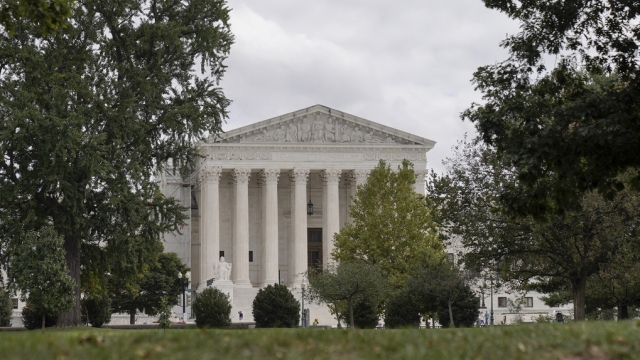Just 16 months ago, the U.S. Supreme Court issued a major firearms decision, overturning a 100-year-old concealed carry law in New York. On Tuesday, the issue of guns will be back in front of the justices, this time focused on the intersection of domestic violence and guns.
The case is United States v. Rahimi and it centers around a federal law that prohibits someone under a domestic violence restraining order from possessing a gun. But one expert says the way the law is worded presents a challenging issue for the justices.
"It's written in such a way that it is illegal for people who may have never done anything wrong to own a gun," said Clark Neily, senior vice president for legal studies at the Cato Institute. "And the reason for that is that what triggers this dispossession requirement is the mere issuance of a domestic violence restraining order."
SEE MORE: Supreme Court reinstates regulation of ghost guns
The man at the center of the case, Zackey Rahimi, was under a domestic violence restraining order. His defense team says banning him from having a gun is an infringement on his Second Amendment rights. Their argument points to a Supreme Court precedent established in the recent case involving New York's concealed carry law.
"One of the things that the Supreme Court has said that it and other courts have to do when looking at a case involving a potential infringement on people's gun rights, is to look back through history and see if there's a reasonably analogous regulatory scheme from the founding era," Neily added.
Rahimi's defense team argues there's no comparative historical law for this case. Meanwhile, the government is defending the existing law, saying there's a long history of disarming people who pose a threat to others.
Arguments in the case are scheduled for Tuesday, but a decision likely won't come down for months.
Trending stories at Scrippsnews.com




